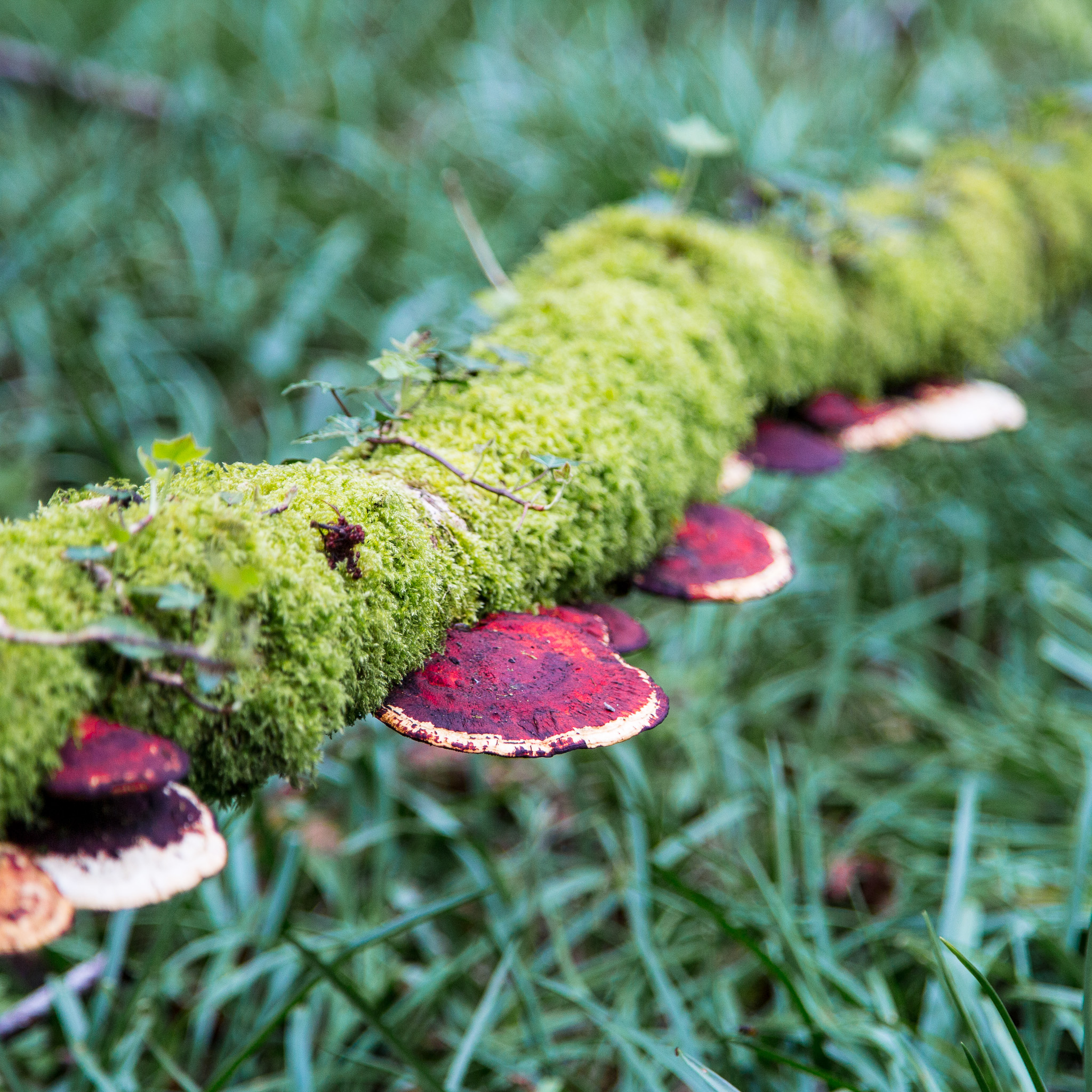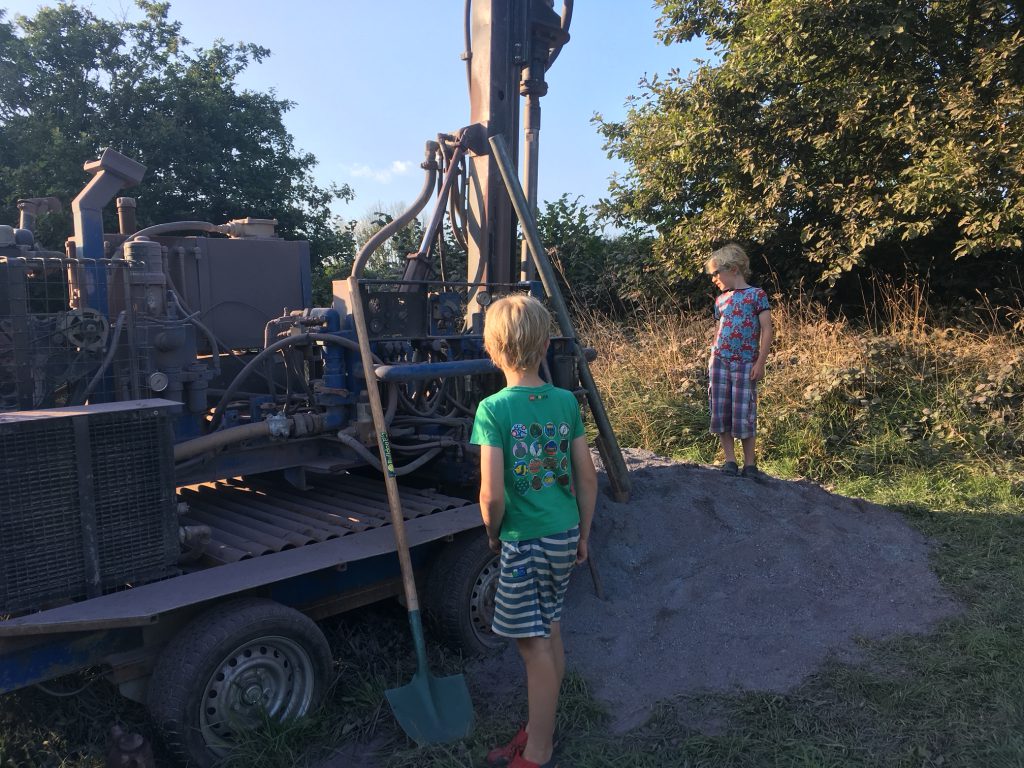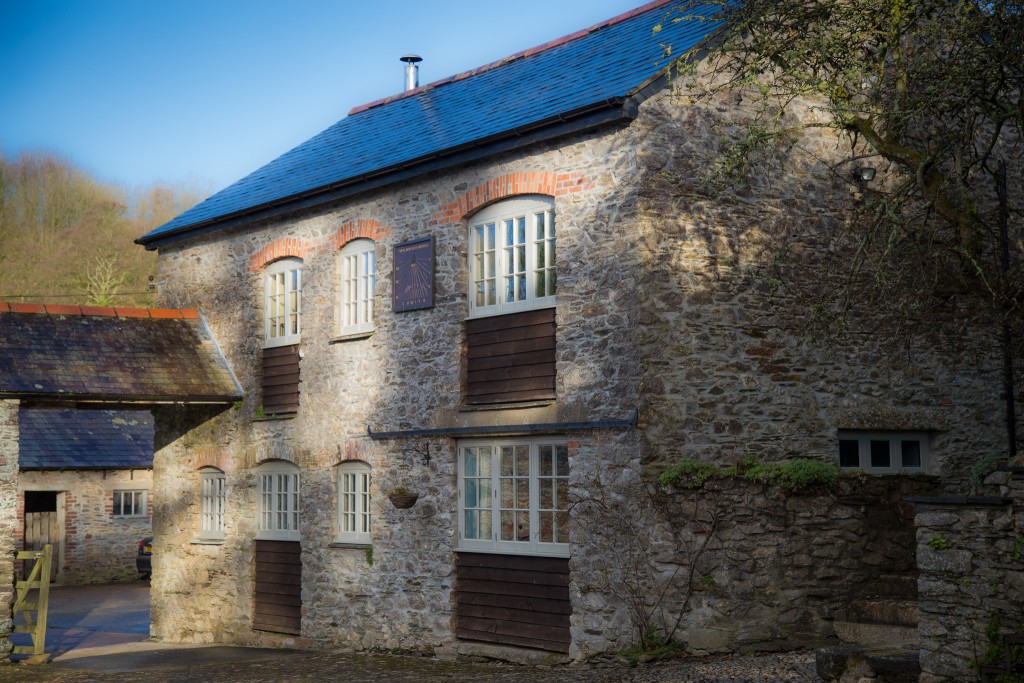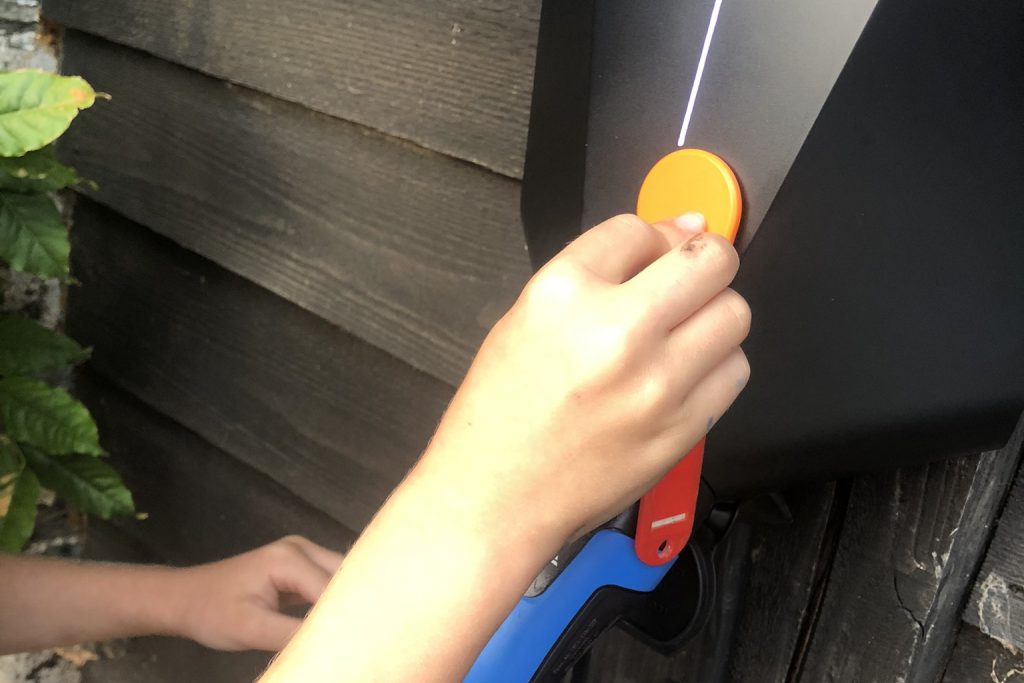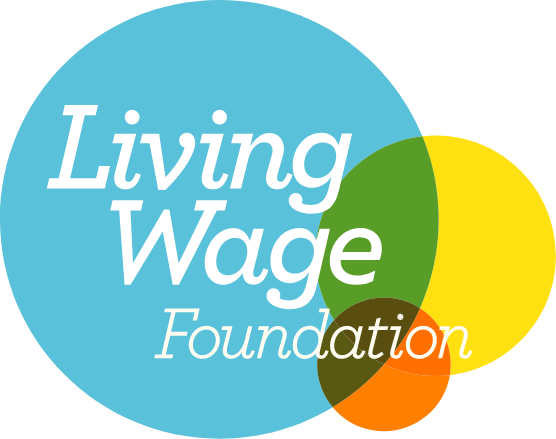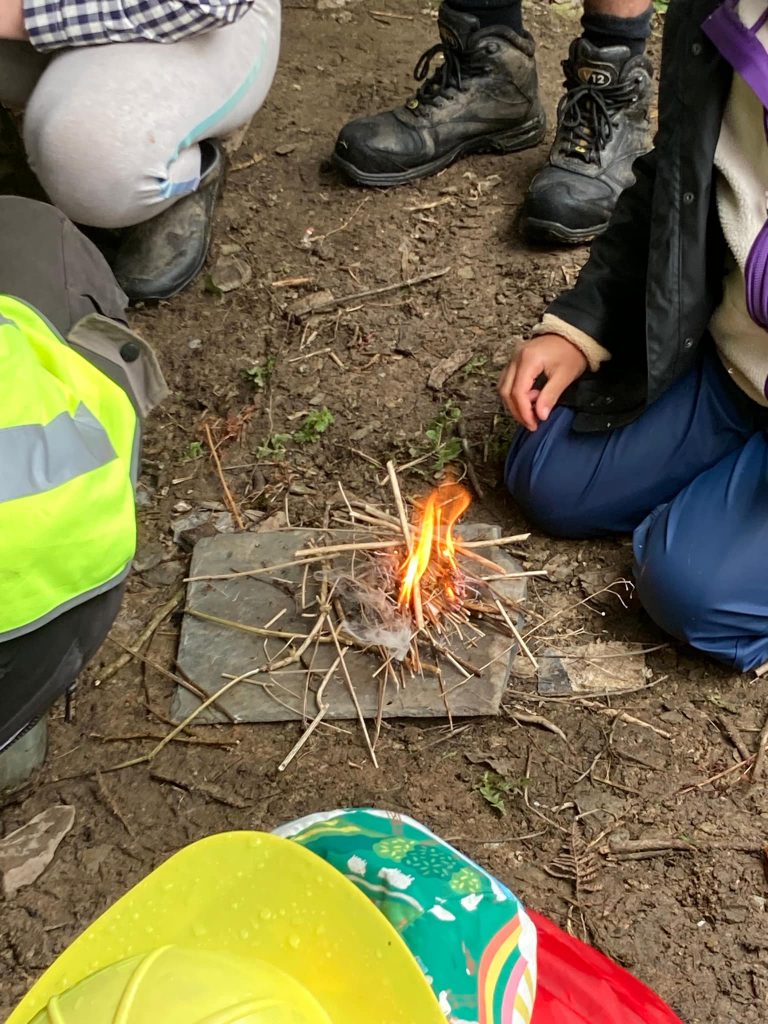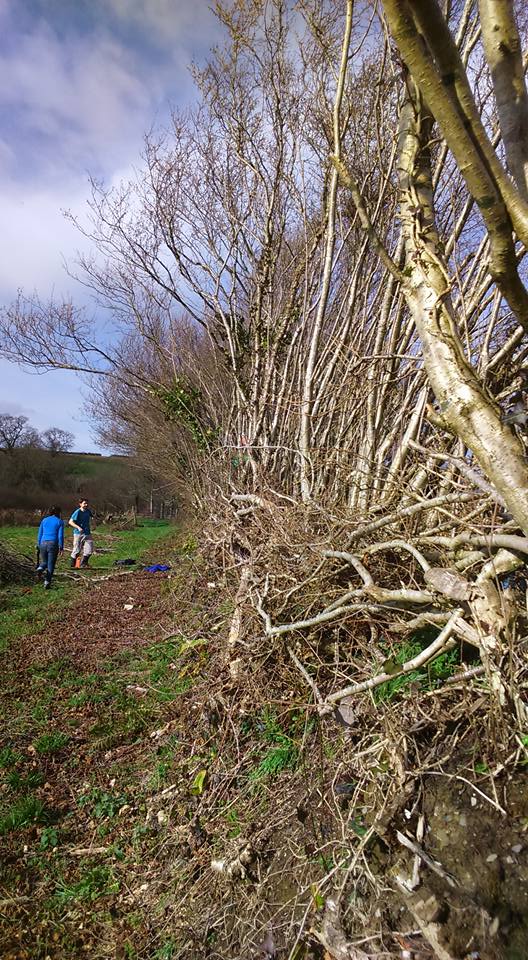Here at Lower Marsh Farm we strive to do our best to reduce our negative impact on the environment in a number of ways including managing the land in a way to conserve its beauty.
The village of Landulph is situated within an Area of Outstanding Natural Beauty. A Salt Marsh area adjacent to the farm house was created in the early 1800s when the sea wall was constructed and is now a Site of Special Scientific Interest (SSSI), meaning an area identified by the Nature Conservancy Council as having flora, fauna or geological features of special interest. This includes kingfishers, herons, buzzards, egrets, pheasants, nesting owls and bats, and is grazed by our beautiful Highland Cattle. You can read more about the importance of this habitat and what wildlife it supports here. This type of land is now becoming known as re-wilded land which adsorbs and holds significantly more carbon than arable land.
Our own log supply – Part of the maintenance of the Salt Marsh is to cut down and remove dead trees (so that the nutrients do not leach into the soil enriching it) and to remove a certain amount of shrubby growth each year (mainly Willow). This is always a challenge as it can only be done out of bird breeding season so between September and February….guess when the Marsh 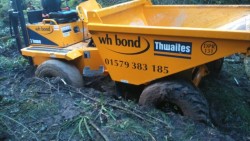 is most wet? Oh yes, and here is dumper somewhat stuck as a result! In addition, the woods need some of the fallen trees cleared for safety reasons and where they have fallen on a healthy tree and if not removed would cause it damage. This means we have ample logs, of all sorts; Willow, Cherry, Ash, Holly and on very sad occasions an Oak. We chop these up and store for use in our log burners during subsequent winters. We also include eco-friendly fire lighters in the accommodation for guests to use – you can read about these here.
is most wet? Oh yes, and here is dumper somewhat stuck as a result! In addition, the woods need some of the fallen trees cleared for safety reasons and where they have fallen on a healthy tree and if not removed would cause it damage. This means we have ample logs, of all sorts; Willow, Cherry, Ash, Holly and on very sad occasions an Oak. We chop these up and store for use in our log burners during subsequent winters. We also include eco-friendly fire lighters in the accommodation for guests to use – you can read about these here.
Recycling – All properties at Lower Marsh Farm have recycling facilities that our guests are encouraged to use, these include glass, plastic, cardboard, and food waste (which we compost).
Cleaning products – the cleaning products we use at the Farm are eco-friendly, meaning less environmental impact (like carbon emissions) when manufactured, are biodegradable and safe to use around pets. The bottles these products come in are all recycled from old plastic bottles, and when empty they go back into the recycling loop! Where possible we use refill bottles so further reducing the amount of plastic and energy used. Dishwasher tablets are provided instead of power to ensure that a sensible quantity is used in each wash. Our laundry is mainly done using re-usable nut soaps at low temperatures and only the towels are part dried in a tumble dryer to help keep them soft with everything else being air dried; we do not use conditioner as it is an unnecessary product.
Plastic reduction – we provide Jute shopping bags for use by our guests during their stay to help avoid the use of plastic bags. We also provide biodegradable bins bags for use by our guests during their stay. We are working to reduce our own dependence on plastics, for example, by choosing fruit and vegetables that have not been packaged (tomatoes, apples, peppers, avocados, the list goes on!). We provide solid shampoo to further reduce our waste plastic. We buy recycled loo roll, in compostable non-plastic wrapper. Our milk and butter is delivered by the local dairy in plastic free containers (proper old fashioned glass bottles!). We also perform regular beach cleans to reduce the volume of rubbish in the seas which is killing marine life. We promote the #2minutebeachclean movement to educate more people about this simple means of caring for your planet and encourage a reduction in people’s plastic usage. Getting a supermarket food delivery? Choose a bag-less supermarket delivery for before your arrival and if you let us know we will unpack it ready for you!
Water usage reduction – all properties have dual flush loos (or a hippo in the cistern) and showers (to allow guests to choose a lower water option). We collect rain water for use in the gardens (the gardens are designed to require minimal watering so we mainly use this in the greenhouse on seedlings). This is in addition to the farm being on a private borehole water supply – read more about this here.
Solar Panels – We have installed 16 solar panels to the roof of Kingfisher Barn which generate our own electricity. This system can produce enough energy a year to keep the fridge running for 97,000 hours! At some point, when funds allow, we hope to invest in batteries so that the electricity can be stored for use in the evening (may be for watching TV) and overnight (to charge storage heaters in winter). During the day if there is excess power being generated by the solar panels, this is now diverted to the EV car chargers (if in use).
Electric vehicles (EV) & chargers – We have 2 EV chargers at the farm and have ourselves invested in an EV car (when our previous one became no longer viable to maintain).
Electricity supplier – we have chosen a supplier who generates over 95% of the electricity from renewable sources.
Avoiding herbicides & pesticides – we are now completely free of herbicides and pesticides product usage in the gardens. We use a Vinegar and Salt home prepared mixture to reduce growth in the cobbled areas (smells like a Chip Shop!) as weeding pulls the stones loose and causes more damage. In other areas, we use a gas powered flame thrower when needed to reduce growth and spread of invasive plants.
Grounds management – we manage the land here in a low impact way and do significant amounts of work to improve the habitat the land provides to wildlife. For example, hedge laying, conservation grazing by Highland Cattle on the Salt Marsh to maintain its open habitat, leaving logs piles in the woodland after felling troublesome trees! The Salt Marsh is re-wilded land and you can read more about re-wilding here.
Self sufficiency – the fruit and vegetable garden is operated on a pesticide free, no-dig regenerative practices basis. The produce is available to guests in our Honesty Shop and extensively used in our kitchen as ingredients for the meals and catering we offer to guests. The garden also includes a cutting garden area (for vases in the accomodation to welcome guests – these only use plants grown at the farm avoiding the heavy carbon footprint associated with most shop bought floristy) and Christmas trees (for the past few years we have reduced our need to buy in trees to less than 20% and will hopefully achieve 0% within 2 years). After Christmas the trees are used in the vegetable garden (as posts and netting) with some being chipped on to the compost heap to complete the re-use circle. The apple produce from our orchards is largely pressed into juice which exclusively used (and a few bottles sold) at the farm. The other orchard fruit (cherries, pears and plums) are eaten almost immediately with some made into jams and cordials.
Staff well-being & training – We are a Living Wage Foundation employer. Our staff, of course, receive the mandatory training requirements (such as fire safety, manual handling and food hygiene) but we also encourage the team to attend training in-line with their personal interests (such as bee-keeping).
Responsible sourcing – Our suppliers are chosen for their ethical practices, local produce (and sensibly grown using sustainable practices), sustainability focus which means the products they offer are inline with our ethos. There are an excellent selection of food producers within a few miles of the farm who provide great fruit, vegetables, wine, – recommendations for these are on our website and in the welcome information pack we provide to guests. Our suppliers of food items include organic farming co-operatives and sail boat importers for fossil free transportation.
Engaging within our local community – in addition to providing a number of permanent jobs (not seasonal) at the farm, we volunteer on local community committees and help with fund-raising in particular by providing raffle prizes of stays at the farm. We also host a number of Cornwall Wildlife Trust nature educational events for children each year and Plymouth Environmental Action volunteer activities. These are led by our team members funded by ourselves. As a business we are Cornwall Wildlife Trust Members donating regularly to their charitable activities. In addition we work with a number of local businesses (including a few who are in our village) including for standup paddle boarding, wine tasting, yoga and Pilates classes to ensure we are helping our local ecconomy.
We believe that if we all do our bit for the environment then our beautiful countryside will be better preserved for many future generations to enjoy and appreciate!

